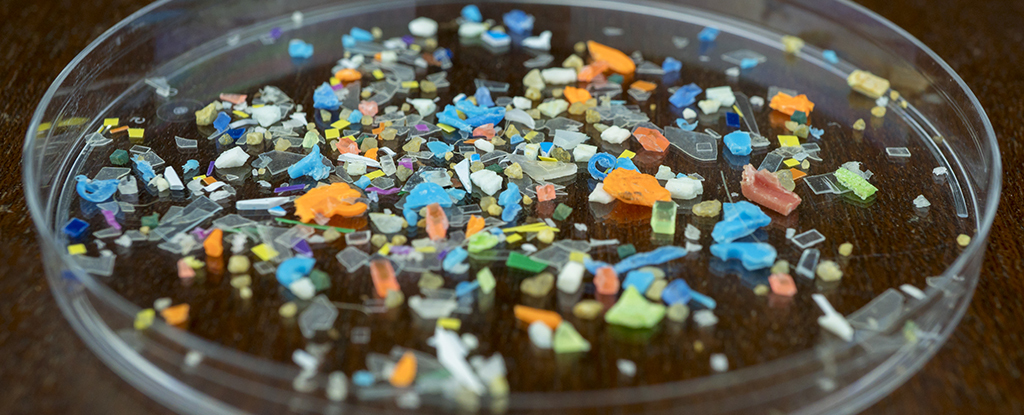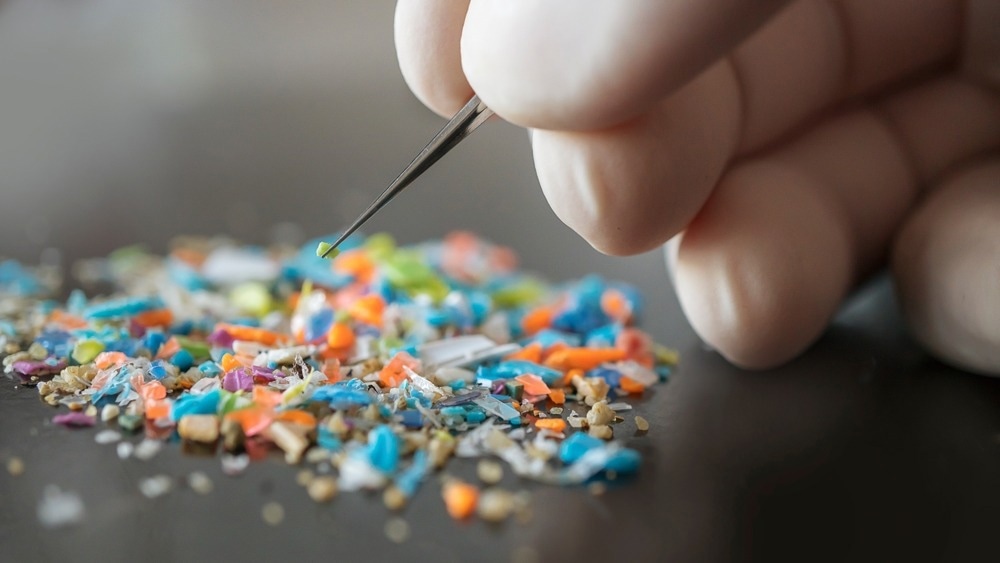
Careful analysis of the animals revealed subsequent changes to protein production, gene activity, bacteria levels, and the microRNA coding inside cells.

Microplastics are silently sabotaging the planet's greenery, curbing photosynthesis, and threatening food security.

Findings indicate rising microplastic concentrations in human brains and organs, urging deeper investigation into their health effects and distribution.

U.S. scientists are battling against an emerging enemy of human health: nanoplastics. Much smaller in size than the diameter of an average human hair, nanoplastics are invisible to the naked eye.

Research shows inhaled plastic particles deposit in the respiratory system, affecting health based on size, shape, and breathing rate.

The average litre of bottled water has nearly a quarter of a million pieces of microplastics and tiny, invisible nanoplastics, new research has found.

Nanoplastics that can leach into water and soil affect a specific protein found in the brain, causing changes linked to Parkinson’s disease and other types of dementia.